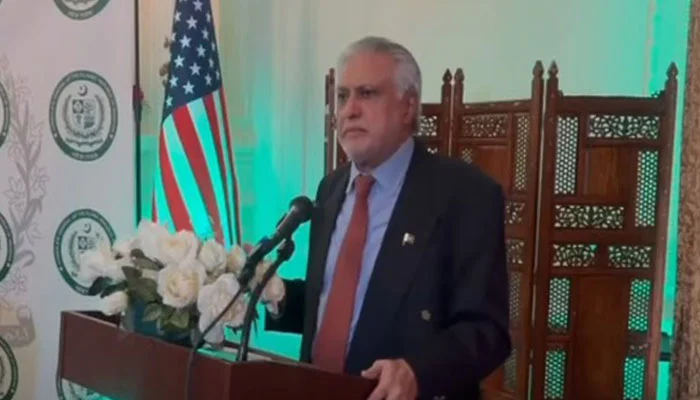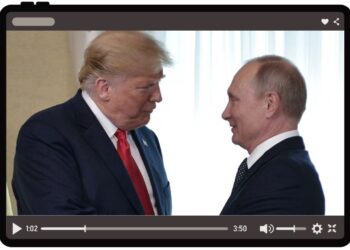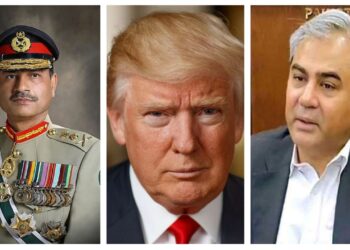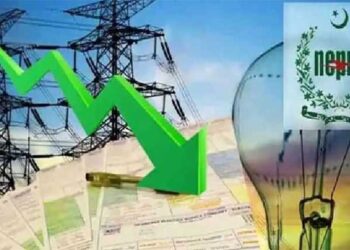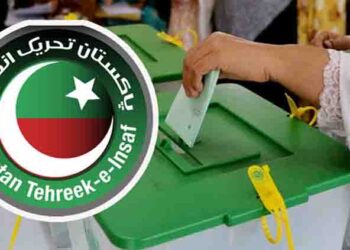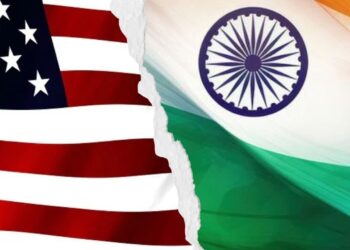ISLAMABAD (Web-Desk); In the backdrop of revived high-level diplomatic activity between Islamabad and Washington, Deputy Prime Minister and Foreign Minister Ishaq Dar has underscored the importance of viewing Pakistan-US relations independently, rather than through the prism of US-China rivalry.
Speaking during an interaction with the Pakistani diaspora in New York, Dar reaffirmed the government’s intent to build strong, forward-looking ties with the United States, while maintaining its strategic partnership with China.
His remarks come following a milestone meeting with US Secretary of State Marco Rubio the first such engagement in nearly a decade signaling a notable thaw in bilateral relations.
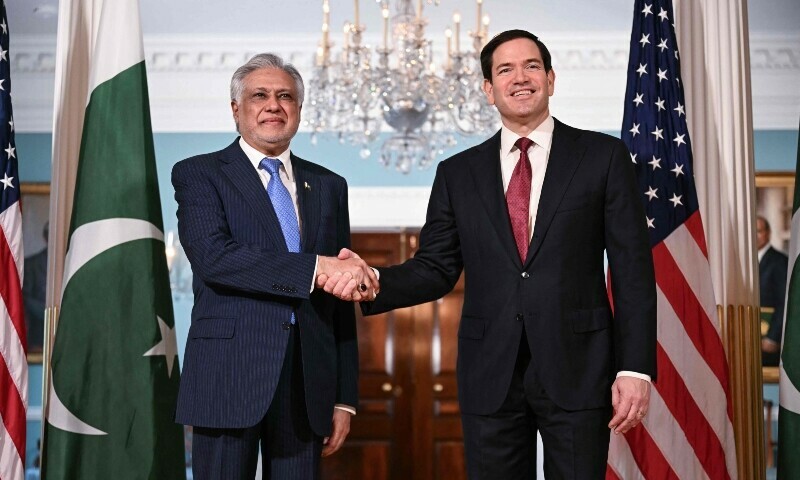
“We stress, and will continue to do so, that Pakistan-US relations must not be viewed through the lens of our relationship with our iron brother China,” Dar said, reiterating the stance of the government led by Prime Minister Shehbaz Sharif.
His comments came in the backdrop of rising geopolitical tensions between the US and China, as well as Pakistan’s extensive economic and military cooperation with Beijing.
Dar’s statement followed a rare high-level meeting with US Secretary of State Marco Rubio—marking the first formal dialogue between the foreign ministers of both countries in nearly a decade. The 40-minute session signaled a thaw in bilateral ties and included a broad discussion on trade, investment, counterterrorism, and regional peace. Secretary Rubio praised Pakistan’s sacrifices in the war on terror and acknowledged the country’s pivotal role in global peace and stability.
The improvement in relations comes following earlier diplomatic outreach, including the warm reception of Pakistan’s Chief of Army Staff, General Asim Munir, by US President Donald Trump at the White House. Dar, the second senior Pakistani official to engage with the US leadership recently, also appreciated Trump’s role in easing tensions between Pakistan and India, calling his diplomatic interventions commendable.
Beyond diplomatic overtures, Pakistan is also actively pursuing a trade agreement with the US. Dar noted that the deal is in its final stages and could be concluded “within days.” Speaking at the Atlantic Council, he said, “It’s not going to take months, not even weeks. Our teams have been actively negotiating, and we are very close.”
Touching upon Pakistan’s economic outlook, the foreign minister highlighted significant recovery and progress. He cited the successful conclusion of the International Monetary Fund (IMF) programme, declining inflation, improved investor sentiment, and recognition of these achievements by international credit rating agencies. “We saved the country from default. Economic indicators have turned around in the past three years,” Dar stated, expressing hope for Pakistan’s eventual inclusion in the G20 economies.
Dar also updated the Pakistani diaspora on key government initiatives such as the Special Investment Facilitation Council (SIFC), designed to streamline investment across priority sectors. Additionally, he revealed that the government is actively working to resume Pakistan International Airlines (PIA) flights to New York, following the reopening of routes to Europe and the UK.
Acknowledging the contributions of the Pakistani-American community, Dar praised their role in strengthening bilateral ties and promoting Pakistan’s image internationally.
Addressing the sensitive issue of Dr. Aafia Siddiqui, Dar clarified that efforts had been made for her release. “I personally raised the matter with former US Secretary of State Antony Blinken in 2016 and 2017,” he said. “We explored consular, legal, and clemency options. These discussions were part of classified records, not for public disclosure.”
Dr. Aafia, a Pakistani neuroscientist, was convicted in the US in 2010 on charges of attempted murder and assault during an interrogation in Afghanistan. She continues to serve an 86-year sentence. PM Shehbaz Sharif has also written to then-President Joe Biden, seeking clemency, but the appeal was not granted.
The renewed diplomatic momentum, along with strategic, economic, and humanitarian outreach, signals a stronger, more multifaceted phase in Pakistan-US relations.








